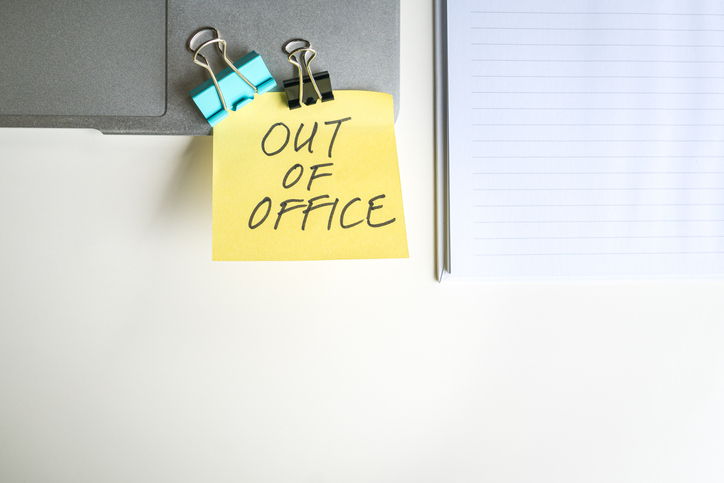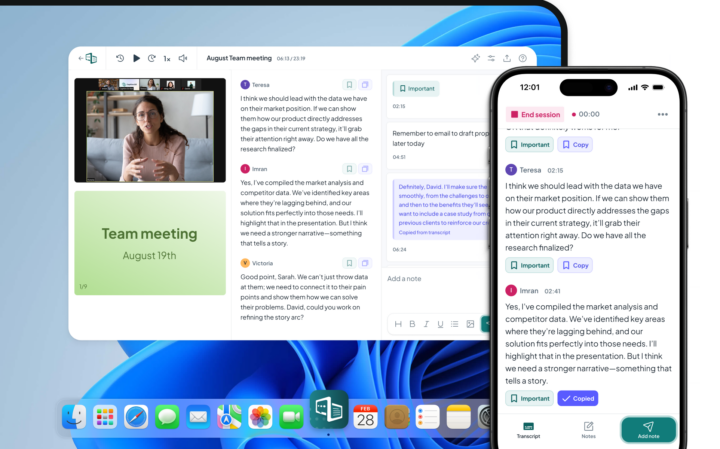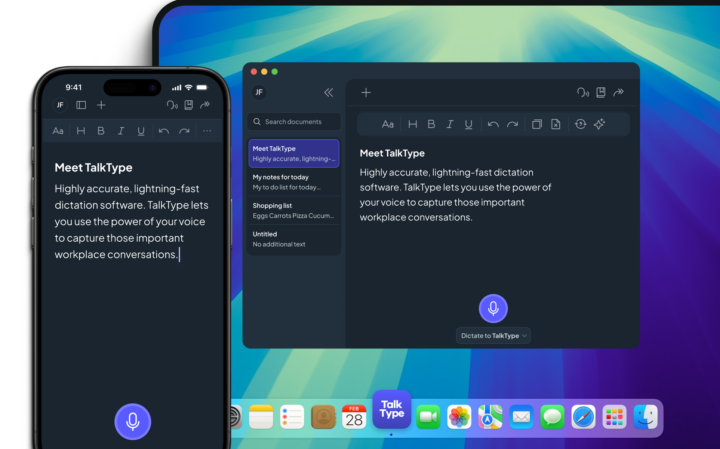What is a Mental Health Day?
A Mental Health Day is a single day that someone devotes to looking after their mental health. In most cases, it’s when someone takes a day off from work or study–or any usual activities–to focus on rest. Many people choose to take a day of annual leave or may take a sick day. Others may use weekends or take a day off during recognised periods like Mental Health Awareness Week or World Mental Health Day. Whenever it’s taken, the aim is the same – to rest and recover from the stressors of daily life.
So what would a Mental Health Day look like in practice? For most people, it’s a day spent avoiding usual tasks or responsibilities to reduce stress and focus on resting. Specific activities that may help someone get the most out of a mental health day include meditation, massage, yoga, walking in nature, and other physical activities that can improve mood.
While these activities can reduce the impact of stress, a single day is unlikely to address any severe or long-term mental health issues. Instead, a Mental Health Day offers the chance to pause and protect your mental health during intense and stressful periods.
When Should You Take a Mental Health Day Off Work?
When someone experiences high levels of continued stress they will need some time out. Occasional stress is not usually harmful and can be helpful. But when stress continues over long periods it can become destructive. Triggering a fight-or-flight response too often can lead to the release of hormones like adrenaline and cortisol. And when they’re not shut off, they can lead to health problems.
In 2022 and 2023, stress, depression, anxiety, and musculoskeletal disorders accounted for the most days of absence due to work-related ill-health. So if you find yourself feeling continually overwhelmed, tense, anxious, lethargic, or struggling to concentrate, it could be a sign you need to take a Mental Health Day.
Some other reasons you may want to take a Mental Health Day off include:
- Burnout symptoms: Chronic occupational stress can lead to burnout and show up with symptoms such as mental and physical exhaustion, emptiness, and feeling drained or overwhelmed.
- Problems sleeping: Increased stress hormones can interfere with sleep patterns as can worries and concerns about work.
- Working longer hours: People who start early, work late, and have few breaks may be struggling to manage their workload.
- Feeling angry: Chronic anger can produce symptoms such as an increased heart rate and blood pressure. Over time it can lead to anxiety and depression.
- Not wanting to go to work: Working in pressured or toxic environments can create a sense of dread and despondency with your job.
What Causes High Stress for Employees?
The HSE suggests six main drivers lead to work-related stress for employees:
- Excessive workloads and not feeling they can meet the demands of a job
- Lacking a sense of control over the work environment or how they do the job
- Not getting enough information or not feeling supported
- Experiencing workplace bullying or difficult workplace relationships
- Confusion over their role or responsibilities
- Feeling disengaged when a business undergoes a period of change
A 2023 report conducted by CIPD also showed how over three-quarters of organisations experienced some stress-related work absences, citing heavy workloads and management styles as the main causes. The same report also revealed how mental ill health, musculoskeletal injuries, acute medical conditions, and stress were the most common causes of long-term work absences.
Organisational cultures, uncomfortable working environments, job insecurity, and workplace commutes can also be significant factors that increase feelings of stress and pressure on employees. Newer identified causes of stress include techno-stress, where employees can become overwhelmed with new, unfamiliar, or excessive uses of technology for communication purposes.





